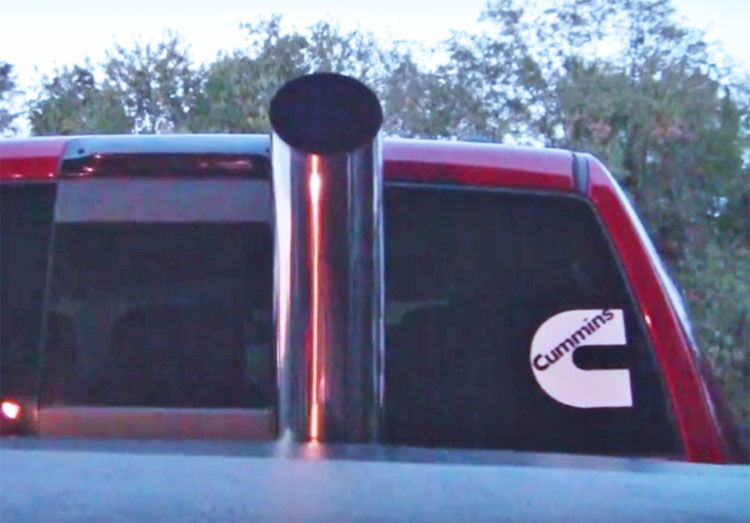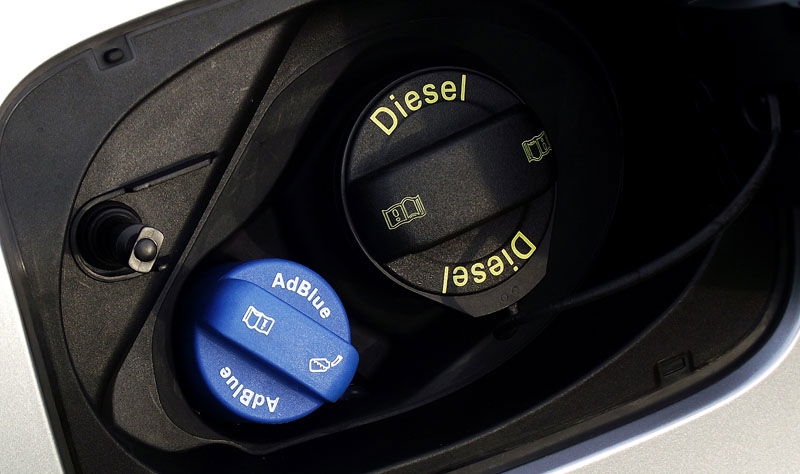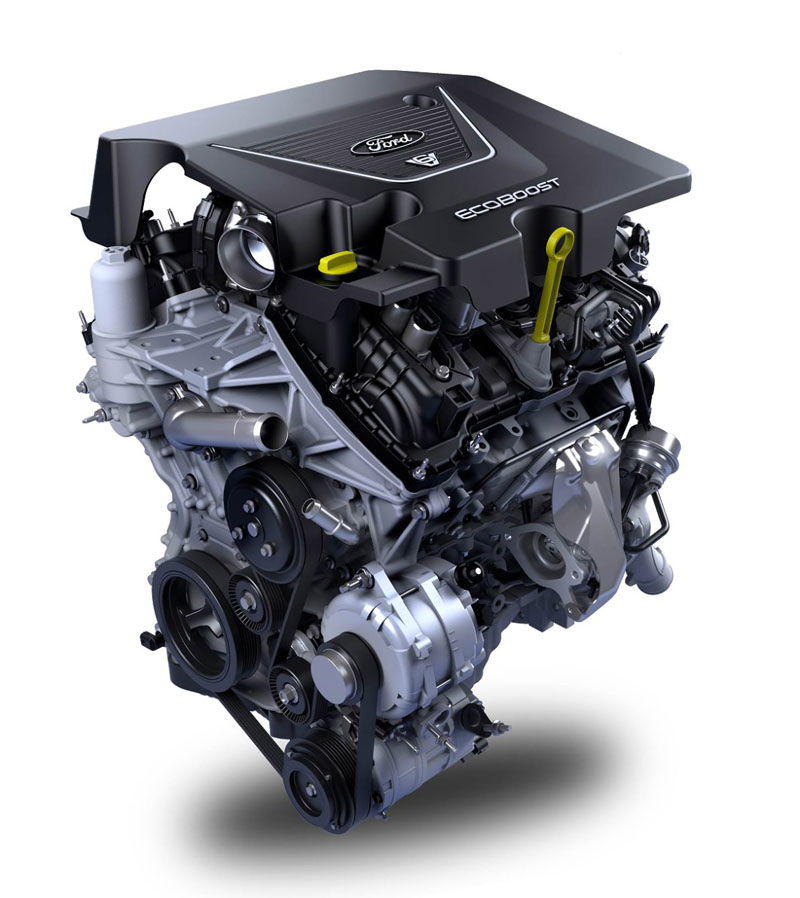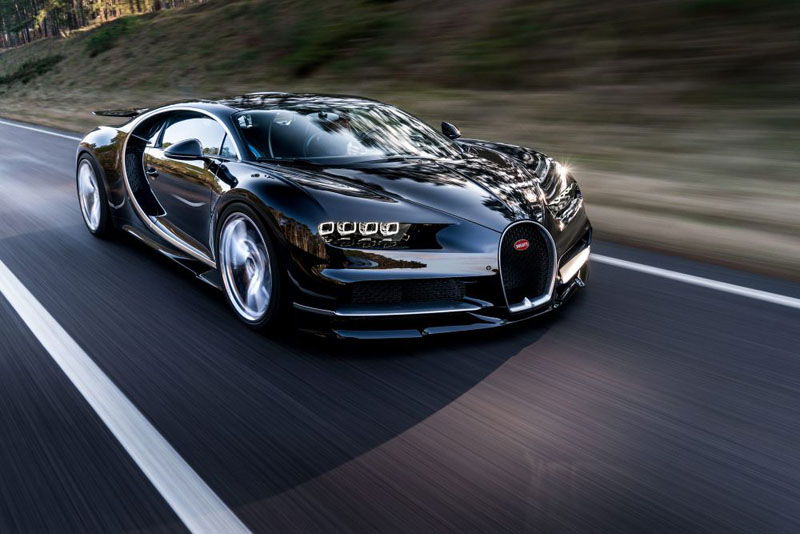5 Reasons Why It’s Time For Diesel Cars To Die

Diesel fans, your days are numbered.
Apologies if that sounds a bit harsh. It’s not that I hate diesels. Actually, I do hate diesels, but not in a rage-inducing you-just-opened-your-door-into-my-fender way. It’s more like the oddball uncle you tolerate at family gatherings, the one who acts like a total douche but doesn’t realise he’s a douche, so you hate him, but at the same time you can’t really blame him. That’s how I feel about diesels, at least in passenger cars and pickups outfitted with stupid chrome stacks or ridiculously oversized exhaust tips. They are what they are, through no fault of their own. I’d be very happy if they just went away forever.

And that could well be happening soon. Paris, Madrid, Athens and Mexico City have taken steps to ban diesel cars and trucks by 2025. There’s growing pressure for London to follow suit. Germany wants to ban diesel and petrol car sales by 2030, as does Norway. Banning internal combustion cars will be all but impossible until electric and hydrogen power are better sorted, but with sights leveled against fossil fuel power, dirtier diesel is the one wearing the biggest bullseye.
I can hear diesel fans hashing away at their keyboards even as I hash away at mine. Fuel economy! Torque! Longevity! All valid points . . . if it was 1997. Diesel’s advantages are quickly disappearing in the face of advancing technology; if you don’t believe that, just Google dieselgate to understand just how bad things are. Or, you can ponder these five points as to why I think diesel is on death’s doorstep.
There isn’t any other way to say it - diesel is a dirty fuel to burn. The only way it’s still viable is through the use of increasingly complex technologies to capture soot and reduce NOx, and even then it doesn’t work unless you sacrifice performance or fuel economy - a fact that Volkswagen has so dramatically shown the world with its “clean diesel” technology.
2. It’s complicated

Perhaps new technologies can make diesel cleaner to burn, or better capture those emissions. Perhaps we can add more pee (sorry, diesel exhaust fluid) tanks to the car to make the pee (sorry again, AdBlue fluid) last longer. Perhaps we can add more filters and exhaust devices, in turn adding weight, complexity and expense. But what is the ultimate goal here again? To have a car that equals petrol engines on emissions and performance and matches hybrids for fuel mileage? I’m failing to see the diesel benefit here.
If anyone’s ever witnessed a runaway diesel engine firsthand, you’ll never forget it. Yes, this is a fairly rare occurrence and many manufacturers claim to have safeguards against this, but that didn’t help this Peugeot. Nor the new Silverado pickup truck, BMW, Ford, or any number of the cars featured in runaway videos on YouTube.
4. Petrol engines have gotten better

Once upon a time, the big advantages to diesel over petrol were fuel economy and longevity. 250,000 miles is easily achieved in modern petrol engines with basic maintenance, and there are all kinds of new petrol hatchbacks on the market with amusing turbo performance and fuel mileage ratings exceeding 40mpg on the highway. I will readily admit that diesel engines still hold an advantage in both areas, but the gap to second-place petrol is much closer. Is that advantage enough to justify diesel’s drawbacks? That’s for individuals to decide, but I think a majority of motorists will say no.
There’s nothing diesel can do that electric motors can’t do a gazillion times better. Low end power? Electric gives you max torque right off the bat, and it can hustle a Tesla four-door sedan to through the quarter-mile in under 11 seconds; quicker than virtually every ultra-exotic hypercar in existence. It doesn’t burn fuel so there are no emissions to worry about. Electric motors are very simple with just a few moving parts so lower maintenance and longevity are virtually assured. The only issue - for now anyway - is improving battery power and range. But viable electric cars are evolving like crazy, and I suspect we’ll see electric cars with 1000-mile ranges in the next 5-10 years.
With that in mind, why on earth would manufacturers continue to invest in diesel power - utilising a dirty fuel that will require increasingly complex solutions just to maintain average performance at best - when electric and fuel cell development will lead to significant improvements on all fronts? Diesel still has a place with larger commercial vehicles, where the gap back to petrol and the jump forward to electric is still a fairly large one. But for passenger cars and light trucks, better petrol engines and far better alternative power solutions mean diesel will finally get the merciful death it deserves.

Comments
Why is nobody talking about lpg? I mean you still have your petrol feel and its very eco friendly and the new systems can increase your power jus because it gets cold when in contact with air.
I’m glad I live in Texas ,USA
As I say for my collection of firearms, they can have my diesel when they pry the steering wheel from my cold dead hands. Since I live in Texas, it will never happen!!!!!!!
The post makes some valid points, though we must understand what is the applicability of each powertrain/fuel:
Diesel - Choose this if you drive a lot outside cities, rural areas or for long commutes. (Better mileage, better range, not good for cities also because it takes more time to warm up resulting in more wear in short commutes)
Petrol/LPG - Choose this if you want a sports car, short commutes, city driving. (Lower maintenance costs, good fuel prices for LPG, arguably better sound - depending on engines)
Electric - Currently only suitable for city driving. (Unless you own the money for a Tesla)
Electric is the future. In the case of fossil running out, yes. In terms of emmision, no. Electric cars produce their emissions from production. From mining the lithium and stuff. Then there is a problem with charging. Most electricity produced is still coal powered which mean it still make emmision unless the source of the electricity aren’t from coal. I can’t see electric car is legit alternative to petrol or diesel for that matter unless fossil fuel supply are down. It may be out of topic, I would like the one who post this to know.
For reference:
http://shrinkthatfootprint.com/electric-car-emissions
Don’t read this article it’s garbage!!! The person who wrote it drives only rc cars :)))
There are more text walls here then a political post on a celebrities twitter page…
Id like to see a gas or electric pull over 12000 lbs.
Diesel gives a higher range but I hate it
Sorry, but electric cars that you plug in to the wall is not the future. Your argument also has multiple flaws and missed advantages about Diesel engines. For instance, you seem to be under the impression that the only reason people drive diesel pickup trucks is to roll coal and be a douche. But their long-range reliability and ability to pull massive loads with decent fuel economy is completely unmatched by petrol or electric cars. The runaway point is also completely ridiculous, there are many manufacturer and governmental policies in place the limit or shutoff the intake when exceeding revs are sensed. Another thing, yeah teals is cool I suppose, but battery production will always be a huge polluter and until Musk convinced everyone with a Tesla to replace their roof with solar panels, the electricity will most likely be produced by burning coal (another fossil fuel FYI). Look into hydrogen if you really want to know what the future should look like.
This post is so nitpickingly terrible that I think I got cancer
Pagination